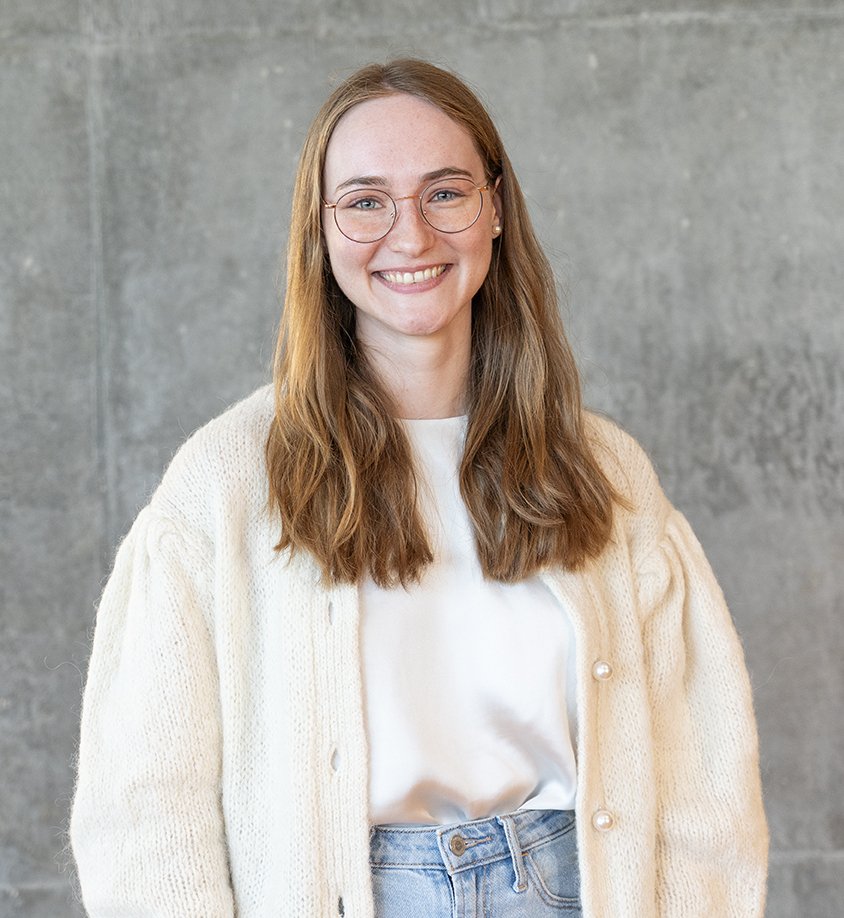Translational physiology and pharmacology alumna Silvia went on to a PhD in Denmark
Silvia Bergt leveraged her education from the master's programme in translational physiology and pharmacology to pursue a PhD at the University of Copenhagen, focusing on crucial aspects for the immune system.
Name: Silvia Bergt
KI programme: Master's Programme in Translational Physiology and Pharmacology
Year of graduation: 2024
Based: Copenhagen, Denmark
Current role: Doctoral student in pharmacology at the University of Copenhagen
Describe yourself and your educational journey so far!

My name is Silvia, and I am from a small town near Munich, Germany. I began my academic journey with a bachelor's degree in biochemistry from the Technical University of Munich, where I gained experience in different fields as an academic tutor, technical assistant in diagnostics, and research intern in protein biochemistry. Eager to deepen my understanding of human physiology, pharmacology, and drug discovery, I pursued a Master's in Translational Physiology and Pharmacology at Karolinska Institutet, which allowed me to apply my natural sciences background in a translational context.
What are you up to now?
During the master's programme, I developed an interest in receptor pharmacology, which led me to Denmark. There, I embarked on a PhD in molecular and translational pharmacology at the University of Copenhagen. My research within the B-ACTIVE Marie Curie Doctoral Network focuses on the regulation of chemokine receptor signalling by post-translational modifications, which are crucial for the immune system.
What have been the most rewarding aspects of your education?
The most rewarding aspect of my education at Karolinska Institutet was the community and extensive network of which I became a part. The support and collaboration within the Department of Physiology and Pharmacology were invaluable and have left a lasting impact on my professional and personal growth.
What are your plans for the future?
Upon completing my PhD in pharmacology, I am eager to leverage my research experience, passion for interdisciplinary work, and commitment to making a positive impact. Whether I continue in academic research or explore other opportunities, my goal is to contribute to scientific advancements that improve human health.
Any recommendations for current students on the programme who are interested in a similar career path?
My advice to current students is to prioritise connecting with peers and mentors, and to expand your network. These relationships can provide valuable insights, mentorship, and opportunities that will be beneficial throughout your career.
Lastly, any tips for prospective translational physiology and pharmacology students?
Take the time and seize the opportunities to explore various topics and immerse yourself in different research areas! Aside from learning new things, you get to discover your true interests and strengths.
